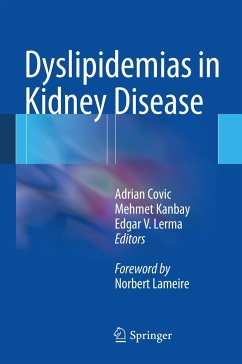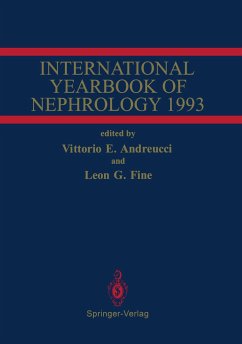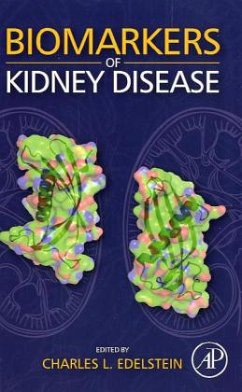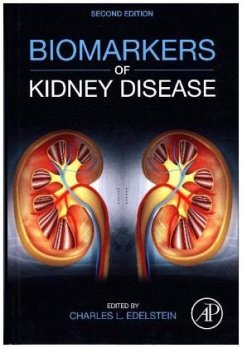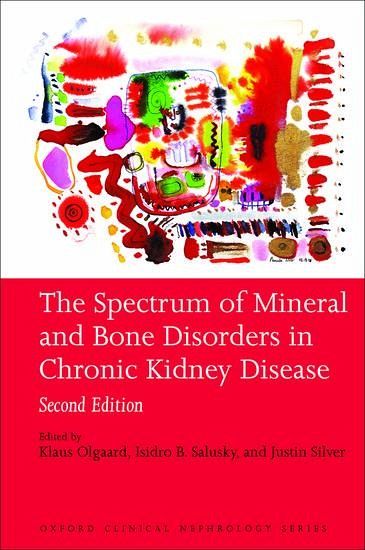
Spectrum of Mineral and Bone Disorder in Chronic Kidney Disease (Revised)
Versandkostenfrei!
Versandfertig in 1-2 Wochen
153,99 €
inkl. MwSt.

PAYBACK Punkte
77 °P sammeln!
This new edition is fully updated to reflect the most current thinking and understanding in the field, as presented by a team of international clinical experts.
Despite significant improvement in the management of patients with chronic kidney disease, the morbidity and mortality remain high. However more is now understood about the hormonal influence on bone and vascular structures, and there have been major advances in the field of bone and mineral metabolism. This has lead to the development of new treatment strategies and agents. This new second edition reflects the most current thinking and understanding in this fascinating field, as presented by world basic and clinical experts.







